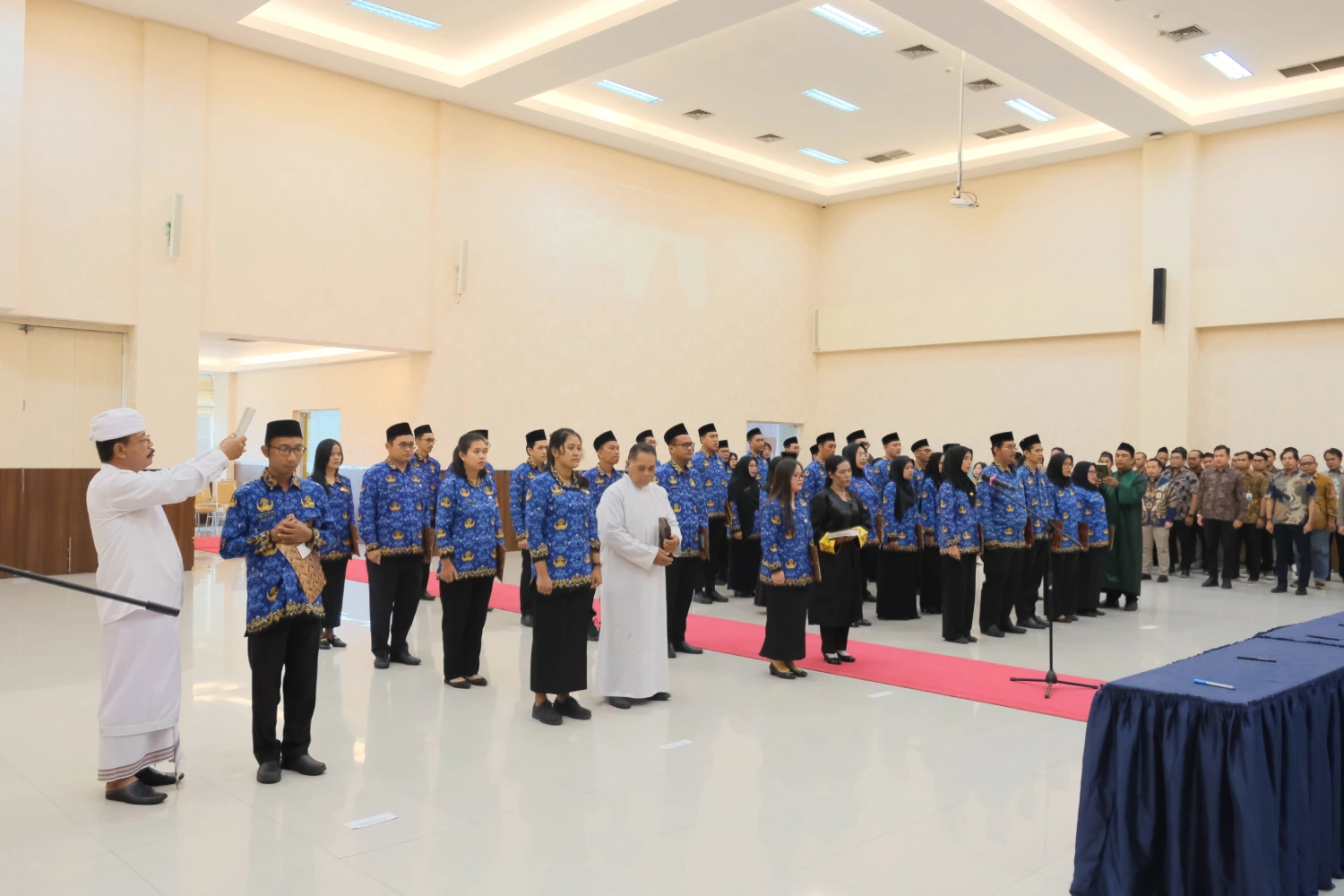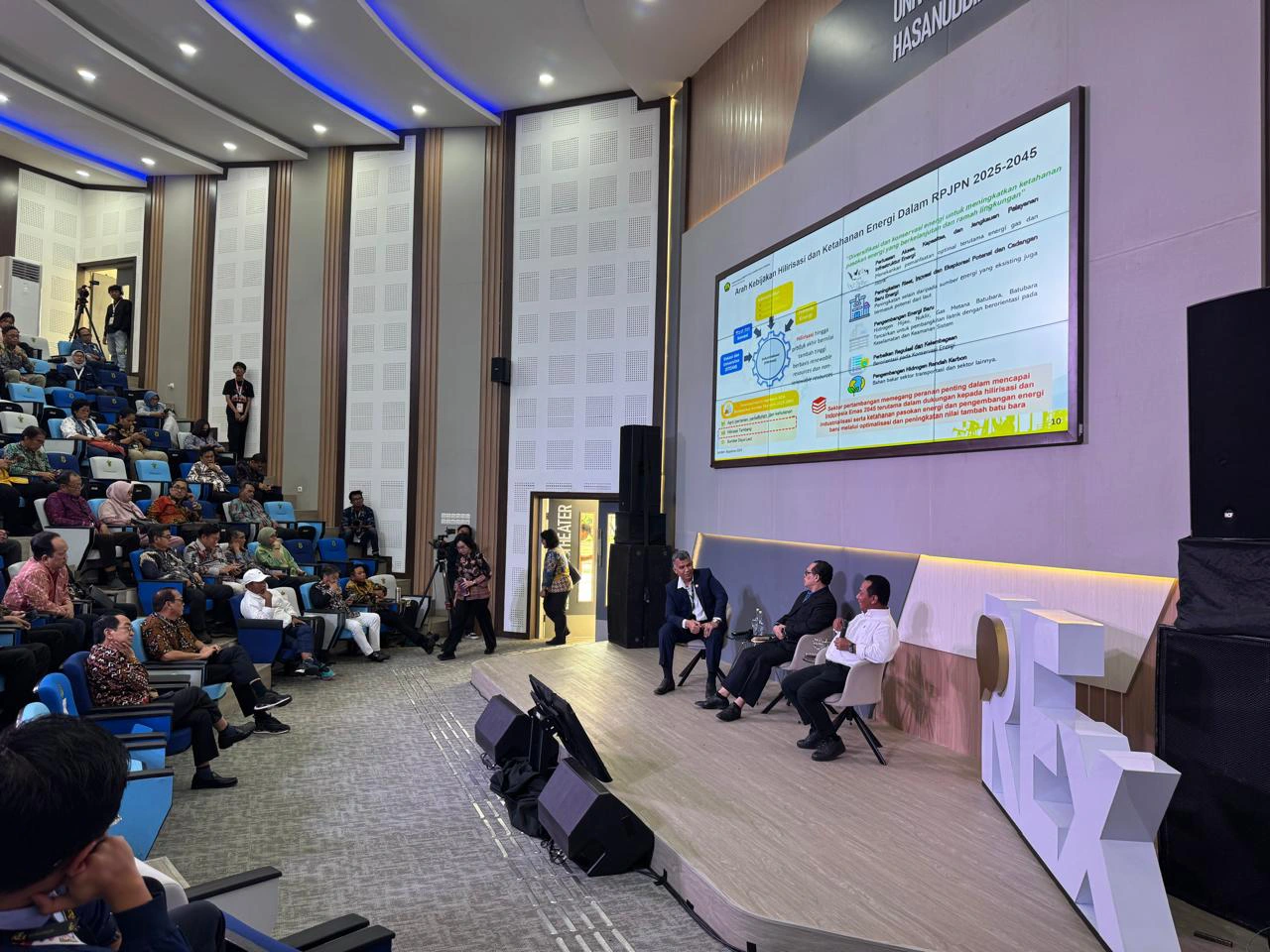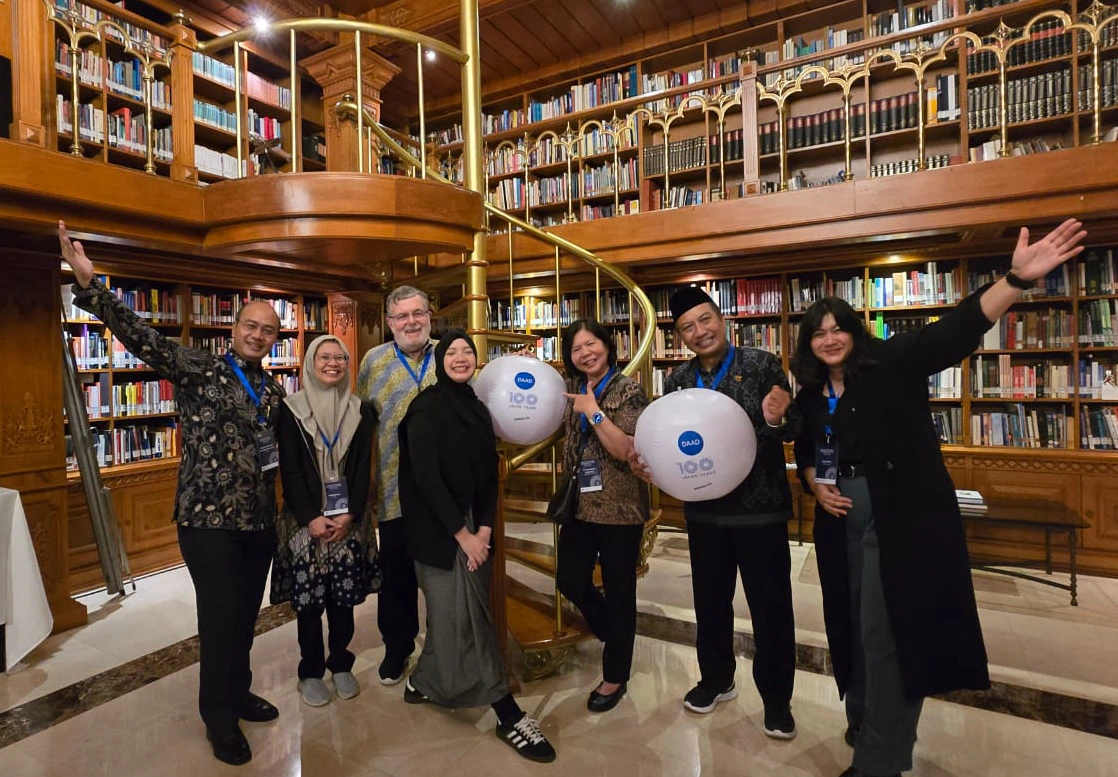Detail Berita
Fuel Quality Crisis: Investigating the Root Causes and Long-Term Impacts on Consumers
.webp)
Isi Artikel
In recent times, public complaints regarding the quality of fuel have begun to surface. Many vehicle users have experienced decreased engine performance and even sudden damage, which is strongly suspected to be caused by contaminated fuel. Although official investigation results from the police and Pertamina are still awaited, several technical indications have begun to emerge.
According to Rizqy Romadhona Ginting, S.T., M.T., a Chemical Engineering lecturer at the Kalimantan Institute of Technology (ITK), fuel issues are generally caused by contamination with water, solid particles such as sludge or metal, and incompatible hydrocarbons. Additionally, the use of fuel with an octane number (RON) that does not match the engine’s compression ratio further worsens the situation.
“Fuel mixed with contaminants can cause incomplete combustion, clogging of the engine system, and increased risk of corrosion,” Rizqy explained.
He warned that if this issue is not addressed immediately, consumers will suffer significant losses—both materially and non-materially. Repair costs, spare part replacements, and disrupted time and activities become a heavy burden for the public. Furthermore, he believes this situation could erode public trust in Pertamina as the nation’s main fuel provider.
“Pertamina needs to collaborate with independent laboratories and academic institutions to conduct a comprehensive investigation. Sampling and laboratory analysis are crucial to trace the source of the problem,” he emphasized.
From a chemical engineering perspective, substandard fuel can lead to imbalanced combustion processes. Engines will not be able to produce optimal power, and fuel consumption becomes inefficient. Moreover, a drop in fuel’s heating value due to contamination reduces the vehicle’s mileage per liter drastically.
“When fuel is mixed with water and forms an emulsion—which appears as a cloudy white mixture—it becomes much harder to purify. We’ve been researching this since 2022 in a study funded by ITK’s LPPM,” Rizqy stated.
Nonetheless, there is still hope. Contaminated fuel can still be purified through specific physical and chemical processes, as long as the mixture is not too complex. Further research is currently being conducted by Rizqy’s team at ITK.
“This year, we’re conducting a new study titled ‘Formulation of Environmentally Friendly Biogasoline Additives’. The focus is on increasing RON, improving combustion efficiency, and reducing emissions—all while remaining engine-safe,” he concluded.
This fuel crisis serves as a reminder of the importance of quality control and oversight in energy distribution. Beyond requiring a thorough investigation, this situation also presents a valuable opportunity for collaboration among industry, academia, and regulators to find long-term solutions grounded in science and technology. With the right approach, public trust can be restored.
Isi Artikel
Tags
Balikpapan Lecturer Research Social ProjectTags
Balikpapan Lecturer Research Social ProjectBerita Terbaru
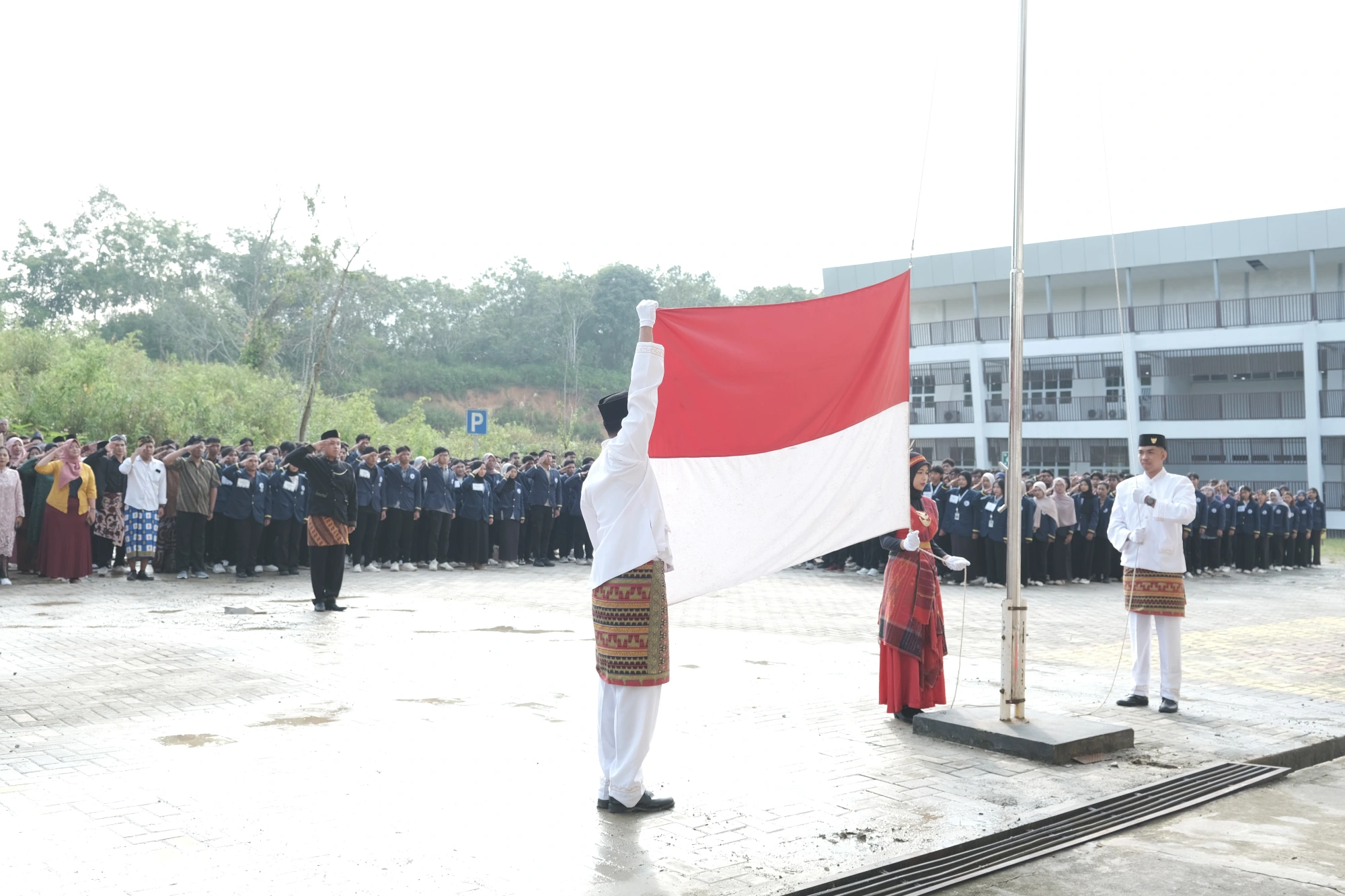 News
News
ITK Commemorates National Education Day 2025 with a Solemn and Culturally Rich Ceremony
The Institut Teknologi Kalimantan (ITK) held a National Education Day (Hardiknas) ceremony on the morning of Friday, May 2, 2025, at the Laboratory Complex Courtyard (Labter).
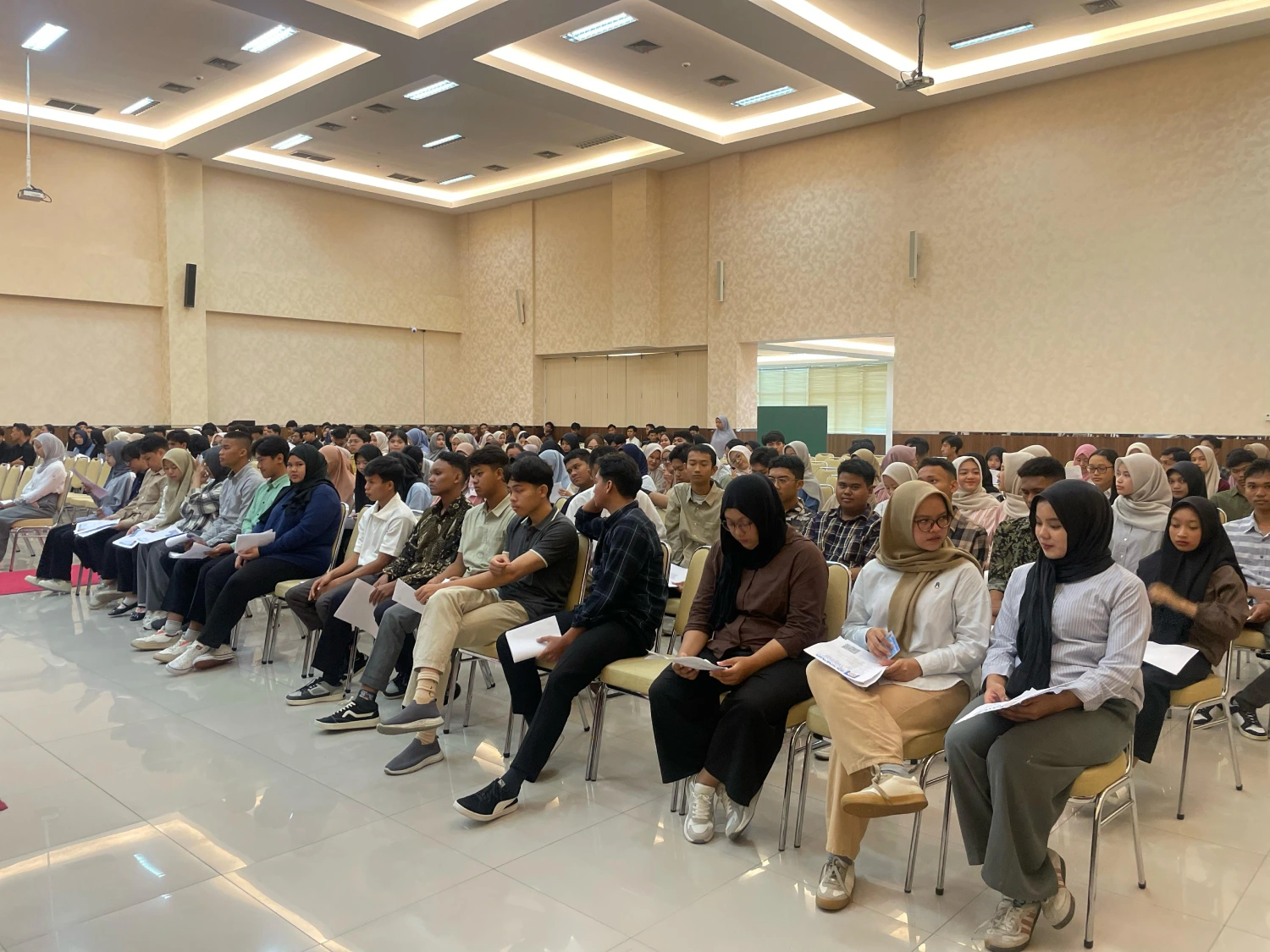 News
News
ITK Tightens Screening for UTBK 2025 to Ensure Exam Security and Integrity
The Institut Teknologi Kalimantan (ITK) has implemented stricter screening procedures for the 2025 Computer-Based Written Examination (UTBK) as part of its commitment to creating a safe, comfortable, and fair testing environment.
.webp) News
News
“Push Your Limit! The Story of Denistira, ITK 2012 Alumnus Building a Career in the Mining Industry
Denistira was part of ITK’s first-ever Chemical Engineering class. At that time, there were no fancy buildings, lab facilities were very limited, and there were plenty of technical issues in the learning process. But it was precisely those challenges that
